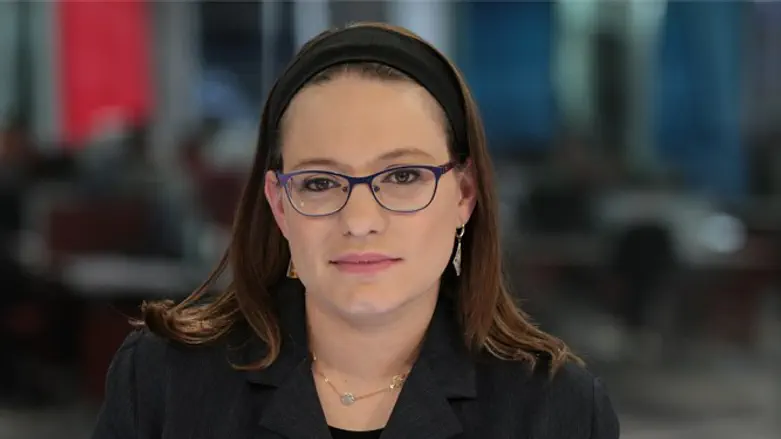
In the end, the television studio interview program I planned did not materialize. I had invited several guests to discuss emotional stress and how to cope with it under the present circumstances. But as alarming news reports kept coming in one after the next -- and as rockets kept coming in one after the next -- I was forced at two o'clock in the morning to make do with one idea from each of the invited guests. So I was privileged to get a brief lesson from them in maintaining emotional health during this time.
Dr. Shiri Daniels from Eran, an organization that provides psychological counseling over the phone and the Internet, said: "Just as we have a safe room to protect us physically, we must create a safe room to protect us emotionally and make sure it is properly equipped. And with what should it be equipped? With a positive attitude, with kind words, with support. All of us need to check our emotional safe room at this time."
Michal Yanai, host of the "Malkat HaYeladim" (children's queen) kids' show of my childhood, passed along the following: "My daughter asked me: 'Mother, at what time is the siren today?' I laughed and understood how much children need a routine, and how much we need to provide it for them. We need to continue to manage our children's lives, even during this period, and not allow terror to manage their lives for them."
And the psychologist Nili Aharonson said, on television, that we need to turn off the television. "Adults teach children about the world. It's critical to regulate the information they receive, to reduce the doses, to check the content to which they are exposed, and to decide what they should not see. What they see and how much they see is our responsibility. They do not need to see every violent video, and neither do we. It's up to us."
I did not say this during the broadcast, but here I will mention that Shabbat and Shavuot are upon us and their messages can do much for our emotional well-being, for creating a safe room for our souls. The timing is perfect to be reminded of who we are, what we are doing here and why -- where we came from and where we are headed.
First stop:The revolution of Shavuot
Here's an explanation for what is so special about the Shavuot festival before us: it's an opportunity to unite and celebrate for a strictly positive reason.
When it comes to terror or war, we excel in solidarity. Even a health crisis like the corona pandemic struck all of us together. It is of course important and inspiring to unite against a murderous attack of Hamas, but our standing together at Mount Sinai ushered in a revolution. It raised us to a new level of unity.
For the first time, we did not unite because of an external threat, but came together to rejoice in our identity.
We did not crowd together because of the Nazis, anti-Semitism, or any other hostile force.
Rather, we chose to be together in order to receive the Torah and the Ten Commandments. From honoring parents and the Sabbath to "Thou shalt not steal" and "Thou shalt not murder," this was not merely a reaction to oppression by others and their negative values, but a positive embrace of a new code for living and a new identity as a people.
We did not unite because of a common fear, but from a common desire to become a new and different sort of nation. The conflict in which we are currently engaged is an all too familiar unifying experience.
But on the festival of Shavuot we can reach a higher level: unity around our receiving of the Torah, the most important chapter in the story we all share.
Chag Sameach!
*Translation by Yehoshua Siskin